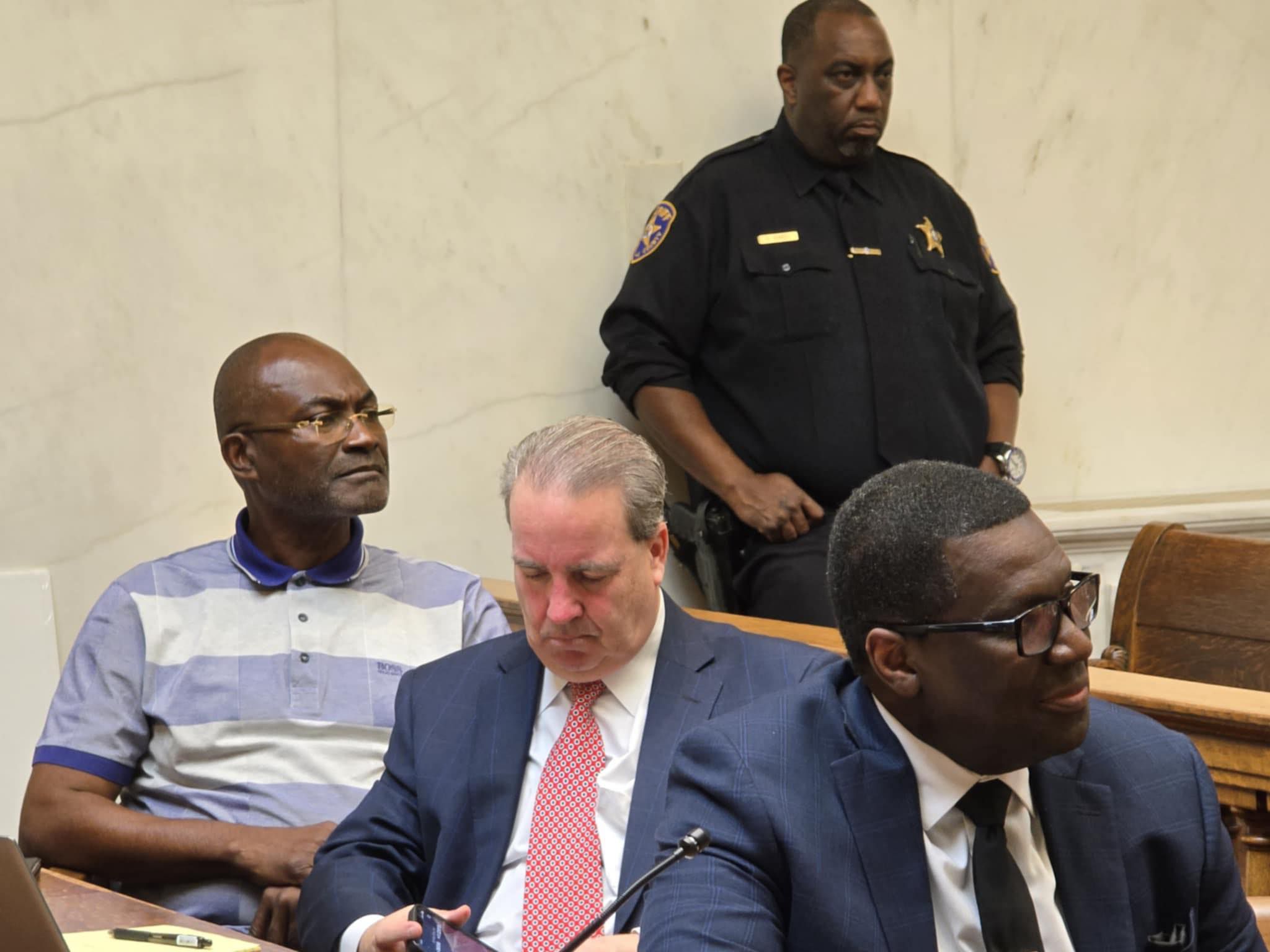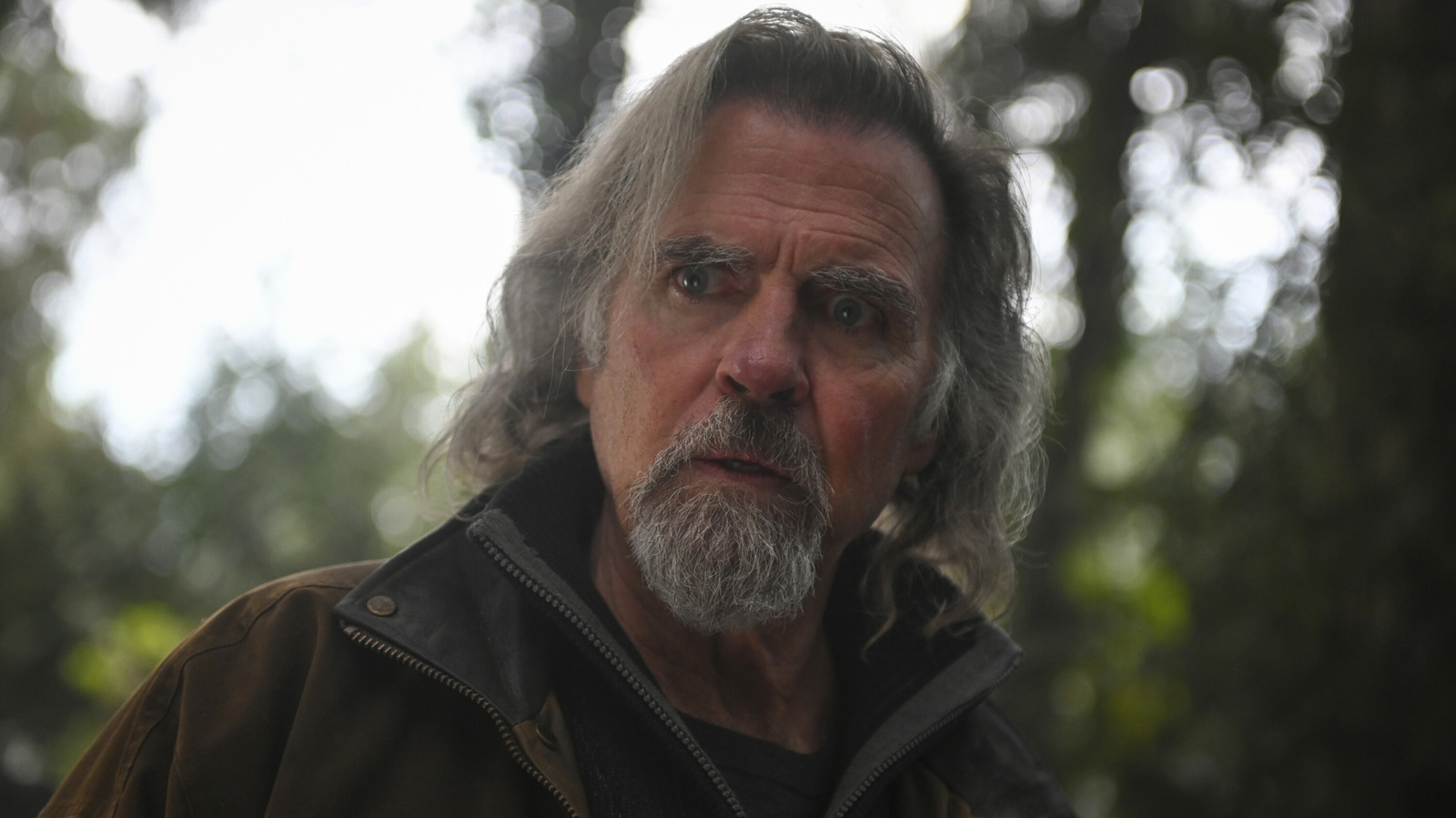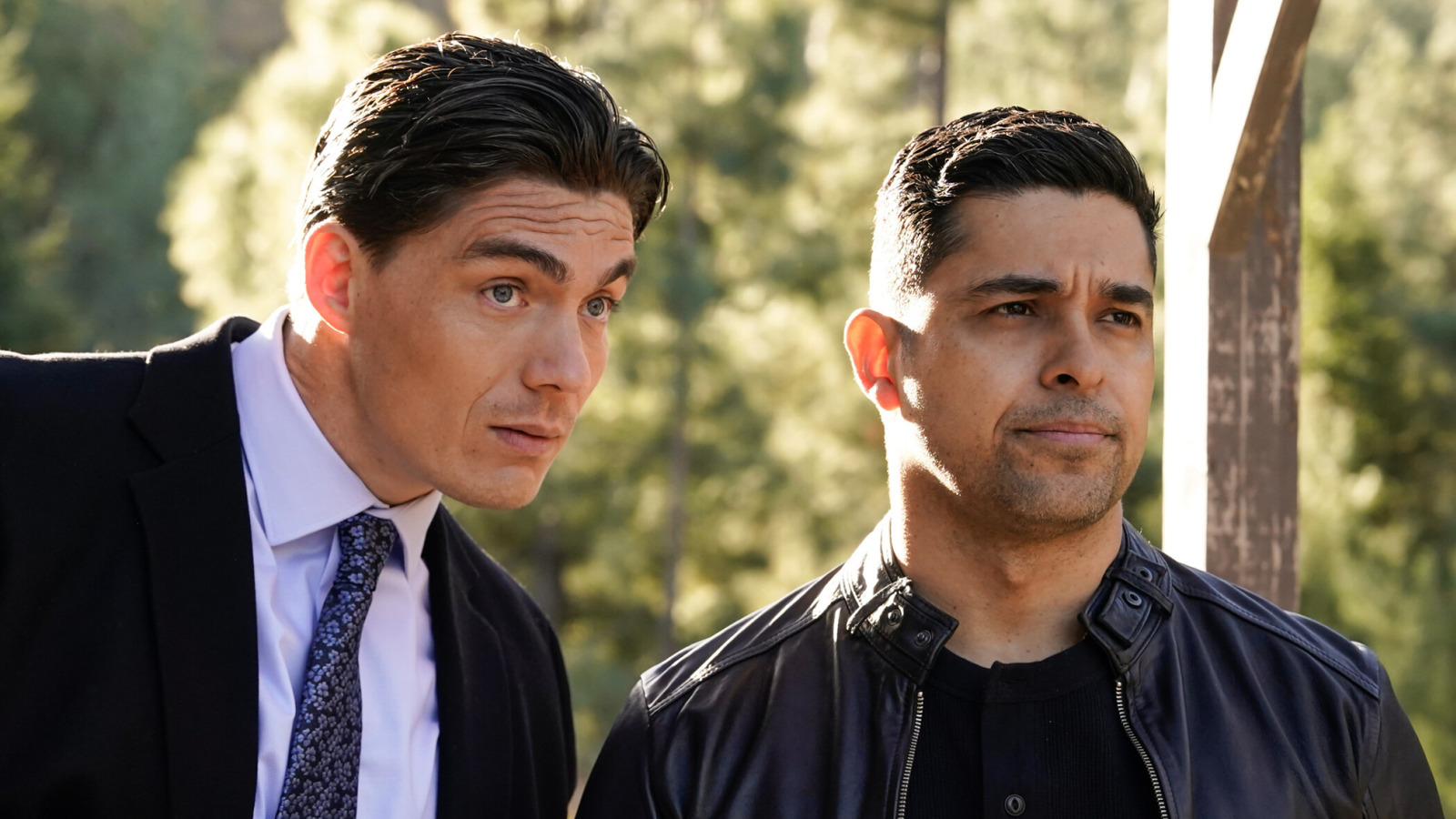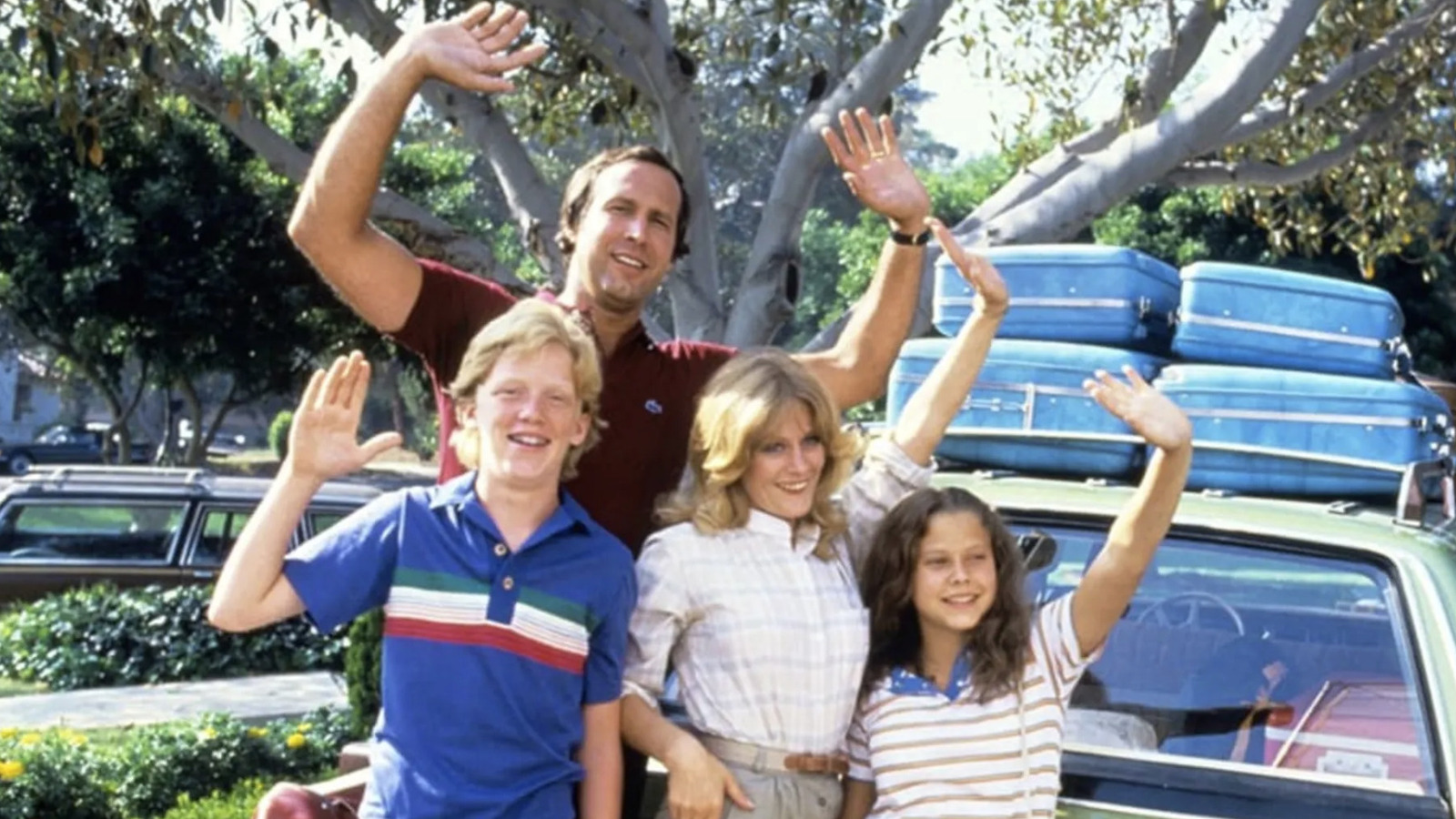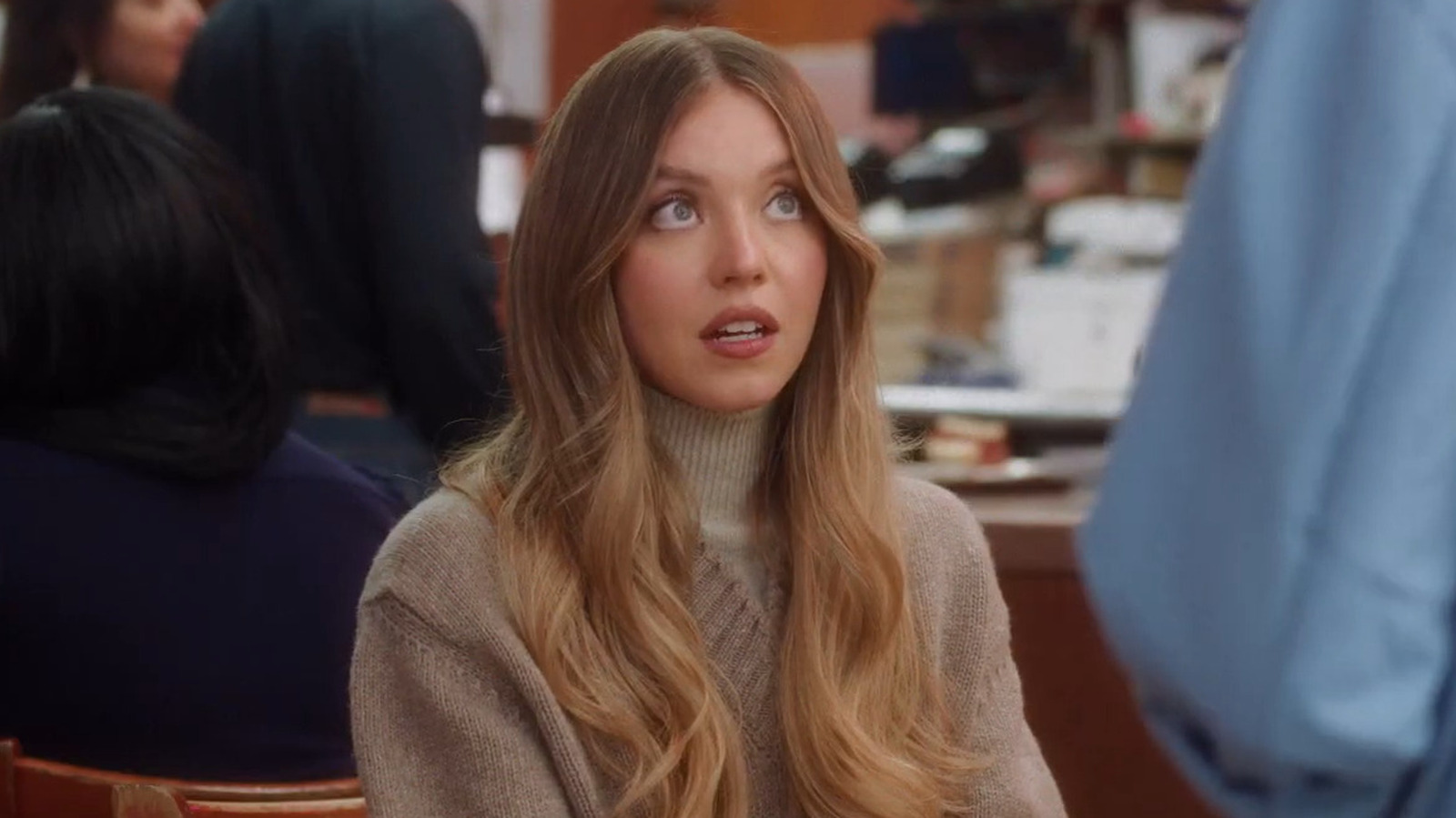Movies That Were Forced To Remove Content
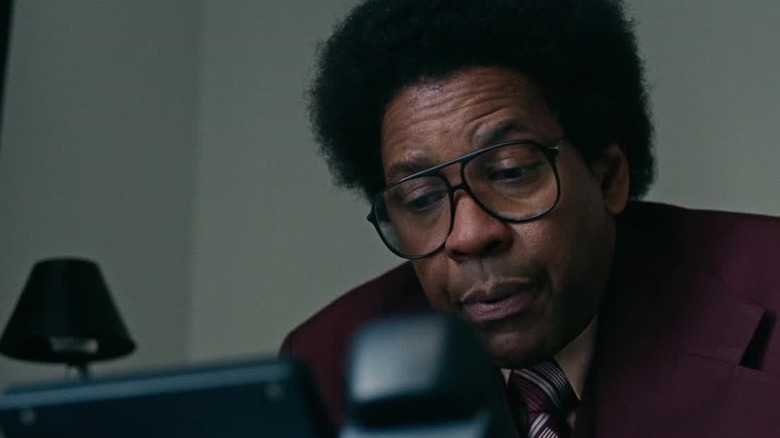
Sony/Columbia
Premiering a new adult drama at a major film festival can be both a blessing and a curse. If all goes right, your movie debuts to rapturous praise and you surf into theaters months later on a tidal wave of positive energy. If things don't go well, though, audiences know way ahead of time to watch out for your subpar feature. The latter scenario befell "Roman J. Israel, Esq.," a Denzel Washington star vehicle written and directed by "Nightcrawler" helmer Dan Gilroy. The movie bowed at the Toronto International Film Festival in September 2017, two months before its theatrical premiere. Frustratingly for all involved, it received mixed marks, with the film's pacing especially getting lambasted by critics. Clearly, something had to change before the film's general release.
A month later, it was revealed that Gilroy and Washington had gone back into the editing room and come out with a radically new vision of "Roman J. Israel, Esq." that was 12 minutes shorter than the one that premiered at TIFF. Among the many tweaks to the movie was the removal of an entire major subplot that, per Gilroy, just rehashed attorney Roman J. Israel's internal conflict. Drastically overhauling a movie and removing key scenes from its runtime after its film festival premiere is a highly unusual move, but unfortunately it didn't help "Roman J. Israel Esq." at the box office, as the movie, even in its abbreviated form, still failed to draw a crowd in theaters.
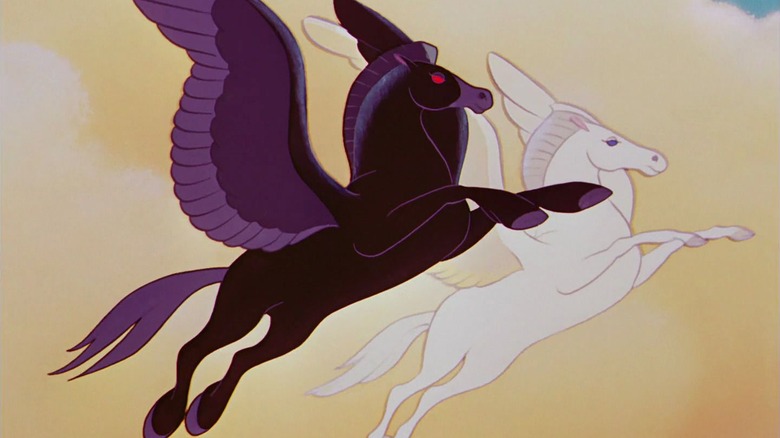
Disney
Over the years, institutions from Walt Disney Pictures to the National Film Registry have gone through tremendous efforts to preserve Disney's 1940 masterpiece "Fantasia." One of the great achievements of the Mouse House, "Fantasia," over 80 years after its release, is still a spectacularly stirring blend of music and imagery. Combining classical orchestral music with vivid visuals that could only be accomplished in animation is a tremendous creative feat well worth preserving for generations to come. However, one unpreserved scene from this epic featured a "Fantasia" controversy Disney probably doesn't want you to remember. In the modern home video releases of "Fantasia," shots from "The Pastoral Symphony" segment — featuring racist caricatures manifesting as various lady centaurs — have been deleted.
In the middle of glorious images depicting soaring horses, luscious Greek and Roman-inspired architecture, and bountiful waterfalls, the original cut of "Fantasia" contained hideously dehumanizing portraits of Black women that reflected tired stereotypes. Unsurprisingly, these images were removed from "Fantasia" starting in the late 20th century and haven't been restored to the film since. Other Disney animated releases, such as "The Aristocats" or "Peter Pan," have kept their racial caricatures in modern reissues, albeit with pre-title warnings about "wrong stereotypes." The infamous instances of prejudiced characters in "Fantasia," however, were so egregious that scenes involving them have been cut altogether, adding a darker legacy to unquestionably one of the great triumphs of American animated cinema.
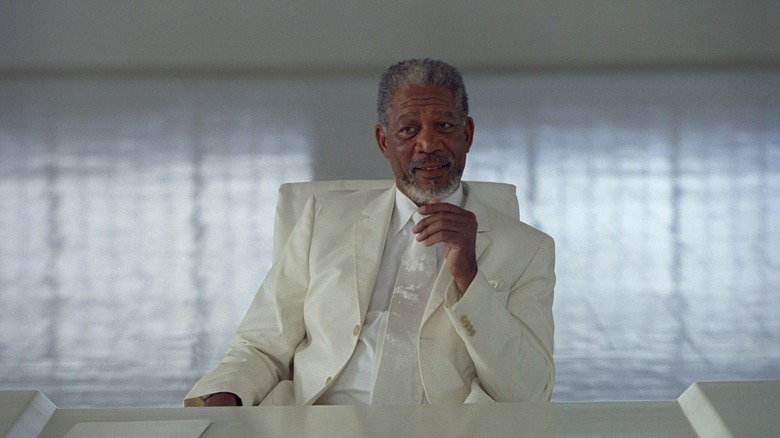
Universal Pictures
If any scenes from a Jim Carrey movie would get removed for subsequent home video and theatrical releases, you'd think it'd be all the transphobic sequences from the "Ace Ventura" movies. Instead, a snippet from "Bruce Almighty" was altered after the feature's original 2003 theatrical run. The movie, about an ordinary man named Bruce (Carrey) getting the powers of God, initially included a scene where God hands Bruce his phone number. Rather than being a standard 555 number that most fictional films use, God instead gives Bruce a handful of digits that actually belonged to a real phone number. Within a week of the movie opening, it was revealed that the number belonged to a reverend — bizarrely also named Bruce.
The number wasn't just Bruce's alone. A pair of Florida families and people from states like Arkansas and Colorado also had these digits. All were quickly inundated with phone calls from folks eager to see if the "Bruce Almighty" number was legitimate. At the time, a Universal Pictures representative justified the phone number choice because nobody in Buffalo, New York (where "Bruce Almighty" transpires) had that particular number. However, ensuring that normal people would be getting ceaseless phone calls for years to come was not going to stand. For all subsequent home video versions of "Bruce Almighty," the original phone number was removed and replaced with a harmless generic one. Who knew this would be the most controversial sequence in any of Carrey's many comedies?
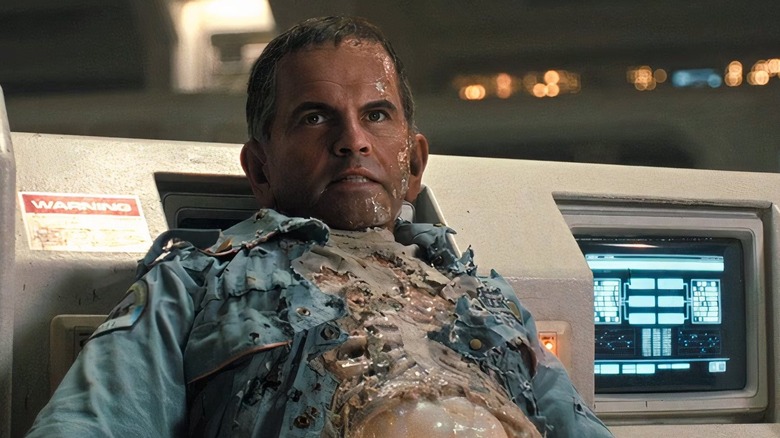
20th Century Studios
The largely standalone "Alien" installment "Alien: Romulus" introduces a very familiar individual midway through its runtime. This is when a heavily damaged android named Rook, featuring the face and voice of "Alien" android Ash (previously portrayed by Ian Holm), enters the proceedings. In the "Alien: Romulus" theatrical cut, this robotic figure was a source of great controversy, both for "resurrecting" the long-deceased Holm and because widely-derided digital effects work was used to bring this character to life.
Months later, for the "Alien: Romulus" home video release, director Fede Alvarez revealed that he himself was unimpressed with how Rook looked in the film's final theatrical cut, attributing this shortcoming to there simply not being enough post-production time to get it just right. Therefore, some extra tweaking was done for the digital and physical media launch of "Romulus," which required giving various visual effects houses the cash necessary to fix the defects in Rook's appearance.
The primary solution was removing original "Romulus" shots that emphasized an entirely digital version of the character. The new iteration of "Romulus" instead focused more greatly on Rook's practical puppet incarnation. This approach was meant to dilute the uncanny valley effect many people had upon seeing initially seeing Rook. For Alvarez, the improvements to the old footage were like night and day. This widely-maligned attempt at "fan service" in "Alien: Romulus" required even further cosmetic work just to make Rook more palatable to viewers.
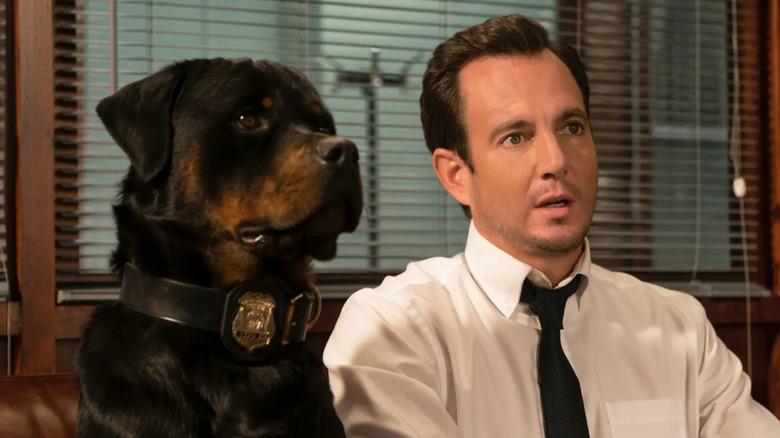
Global Road Films
Movies by "Beverly Hills Chihuahua," "The Smurfs," and "Scooby-Doo" director Raja Gosnell typically only garner controversy over just how terrible they are. However, his 2018 talking canine movie "Show Dogs" inspired a new level of outrage nobody could have imagined from a Gosnell feature. In "Show Dogs," canine protagonist Max (Ludacris) has to deal with having his genitals groped by a dog show judge. Other pooches give him advice on how to cope with this process, including going to a "happy place" as he's being fondled. It's already a strange concept for a comedy sequence in any context, but many found the inclusion of this scene in a movie aimed at children abhorrent.
The film was accused in some quarters of normalizing the process of grooming to children. Some, like the British Board of Film Classification, felt this interpretation was a bit off the mark and not reflected in the movie. However, the controversy became so explosive that distributor Global Road Entertainment put out a statement apologizing for the sequence and promising that a new, revised cut of "Show Dogs" would be sent to theaters. Starting in its second weekend of release, "Show Dogs" patrons saw an altered version of the movie that tweaked the jokes about Max's plight. This dark interpretation of a key "Show Dogs" sequence is unquestionably the most notable legacy attached to an otherwise forgotten film, not to mention Gosnell's filmography.
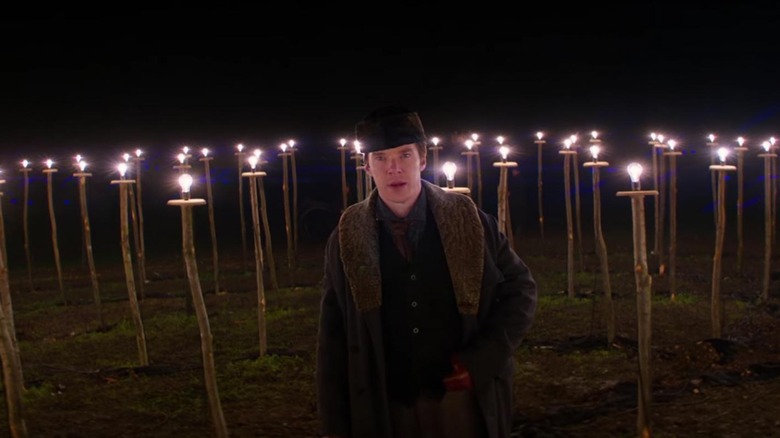
101 Studios
Like "Roman J. Israel Esq.," "The Current War" bit off more than it could chew with its fall film festival premiere. Like "Israel," it also premiered at the 2017 Toronto International Film Festival to mixed marks. These grim notices indicated that the film's version of Thomas Edison was unlikely to become one of leading man Benedict Cumberbatch's best movie roles. Chaos then consumed "The Current War" after its debut, thanks to financier Harvey Weinstein's endless scandals. Once its production company and distributor, The Weinstein Company, went under, "The Current War" sat on a shelf for two years before hitting theaters in October 2019 in a radical new form. This included some new scenes captured in reshoots, a fresh orchestral score, and a runtime 10 minutes shorter than its September 2017 incarnation.
That noticeably briefer length came through removing several smaller scenes and segments throughout the film to give it a more propulsive pace mimicking the go-go-go rivalry between Edison and George Westinghouse (Michael Shannon). A handful of bits and pieces related to Edison were also trimmed to give Nicholas Hoult's Nikola Tesla a bit more time in the spotlight. Cutting out some moments that initially gave critics pause did not turn "The Current War" into either a box office or award season darling. But the movie getting released at all, let alone in a shorter version closer to director Alfonso Gomez-Rejon's initial vision, was a victory in and of itself.
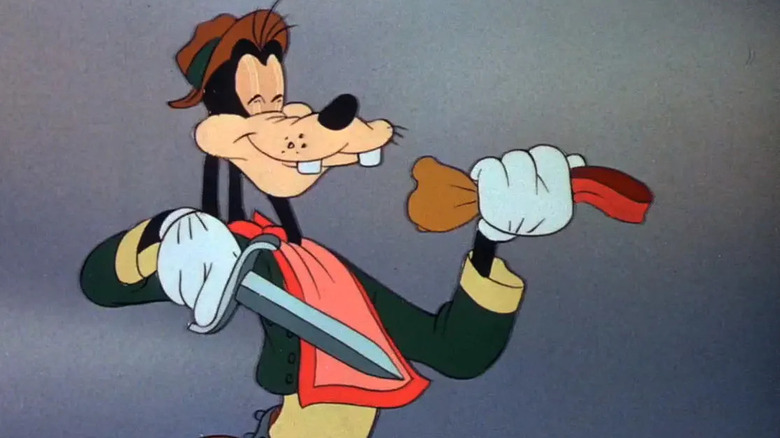
Walt Disney Pictures
Goofy is a famous Disney character for many reasons, and not just because people are always wondering why Goofy can talk but Pluto can't. This comically inept dog-man hybrid has had so many incarnations, from his earliest days as a foil for Mickey and Donald in classic theatrical shorts to his "A Goofy Movie" or "Goof Troop" version that brought the character to the contemporary world. One thing people don't associate Goofy with, though, is promoting tobacco products. But that's just what he did in one of Disney's "package features" from the 1940s. One of the segments in 1942's "Saludos Amigos" is entitled "El Gaucho Goofy" and features Goofy as a cowboy who learns how to become a gaucho in Argentina.
On the surface, it sounds like a standard variation of the "How To" shorts Goofy had already begun headlining in the early 1940s, like "The Art of Skiing." However, this Walt Disney Animation Studios title featured a segment in which Goofy brandished a cigarette and smoked it on-screen. This prolonged depiction of tobacco consumption by one of Disney's major mascots was never going to fly in a modern context. So for many home video incarnations of "Saludos Amigos," this sequence was removed to maintain Goofy's family-friendly image — ensuring that glamorizing cigarette smoking was never going to tarnish the character's brand again.
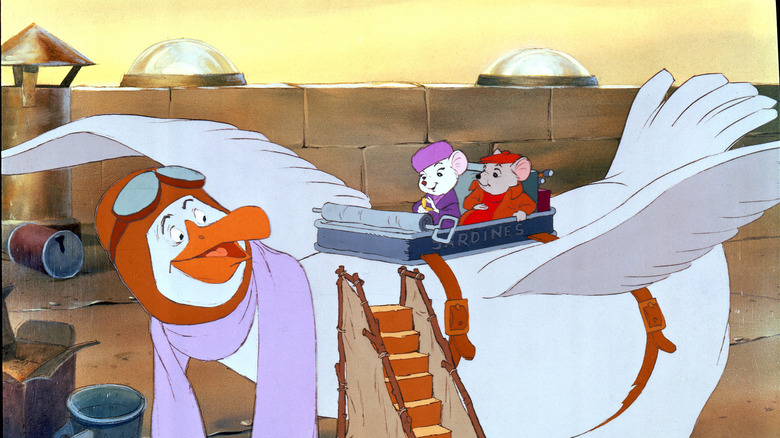
Walt Disney Pictures
When it comes to titles like "Dumbo" or "Peter Pan," it's only natural to read recent headlines about Disney cutting another offensive character from home video releases for controversial reasons. 1977's "The Rescuers," though, feels like it would be the last film in the Disney Animation canon to drum up any kind of uproar. Sure, Walt Disney originally shelved "The Rescuers" for being too political, but the final film is often considered one of the more underrated and charming features to emerge from one of Disney's darkest ages. However, when "The Rescuers" first hit VHS, the movie did indeed make waves in all the wrong ways in the eyes of Disney executives.
With VHS tapes allowing people to pause movies and absorb every detail in the background of any shot, viewers realized that an animator had snuck a topless woman into frames of animation in "The Rescuers." Disney flew into a frenzy to correct this issue, a blink-and-miss-it Easter egg that had gone unnoticed for decades. The tapes were immediately recalled and a new print of "The Rescuers" was produced that removed the original version of this sequence in favor of one that eschewed any traces of nudity. With that, the reputation of "The Rescuers" was preserved and Disney could avoid further gripes from parents ... at least until their youngster stumbled onto the racist moments from "The Aristocats."


